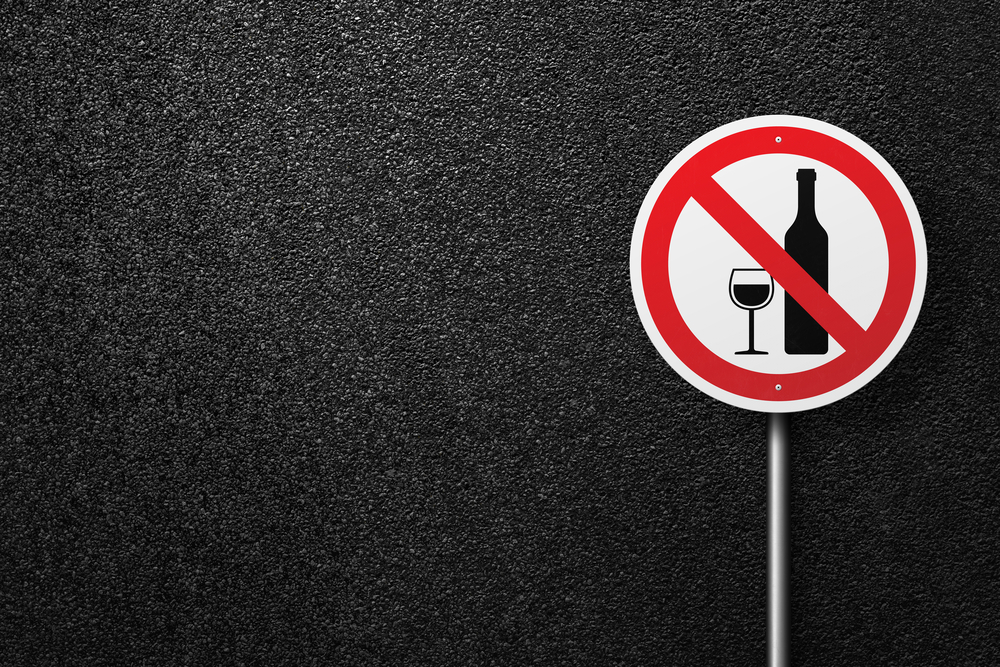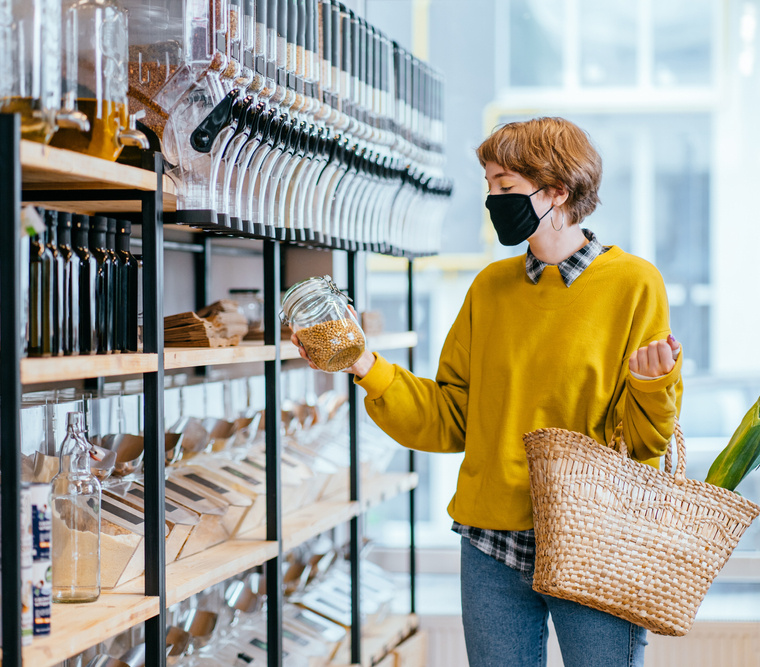On April 17 this year, at least 26 people reportedly died after consuming suspected ‘hooch’ or spurious liquor, in East Champaran district of Bihar – a dry state, or a state where alcohol sale is banned. The incident, not the first in the state where alcohol is banned since April 2016, sparked a debate on the efficacy of the prohibition.
In July 2022, at least 42 people lost their lives after consuming spurious liquor in Botad and Ahmedabad districts of Gujarat. Consumption and sale of alcohol is banned in Gujarat too.
More often than not, critics blame the liquor prohibition in states for a thriving blackmarket and underground business of spurious liquor. They argue that while the government may try hard to make liquor inaccessible for its citizens, it is very difficult to completely stop the circulation. Regular booze is available at higher prices in blackmarket. Or else, it can be procured easily from other states where there is no ban. Some reports have even suggested that the alcohol ban leads to a spike in substance use.
India as a country has a long history of banning alcohol with Directive Principles of State Policy in the Constitution empowering states to prohibit alcohol usage and sale. Besides, it is also among key Gandhian principles with Mahatma Gandhi himself propagating against consumption of liquor.
Apart from Gujarat and Bihar, alcohol is banned in Lakshadweep, Mizoram and Nagaland. In 2014, the then government of Kerala had announced to implement liquor prohibition in a phased manner. But the ban could not be implemented.
Those in favour of the ban count its benefits. Each state has its own justification of the ban. In Gujarat where Mahatma Gandhi was born it became a moral obligation. It has been a dry state after it was carved out from Bombay in 1960. In fact, Gujarat became the first state in 2009 to have a death penalty for the violation of the prohibition law. In Bihar, the ban came into being , after a long-pending demand from women of the state. Studies have linked the ban with domestic violence. The proponents of ban say there is evidence that the prohibitions help bring down domestic violence, with Bihar as an example.
Proponents may have reasons to support the ban, yet, it is not easy for states to order a ban since liquor is considered among top sources for state revenues.





